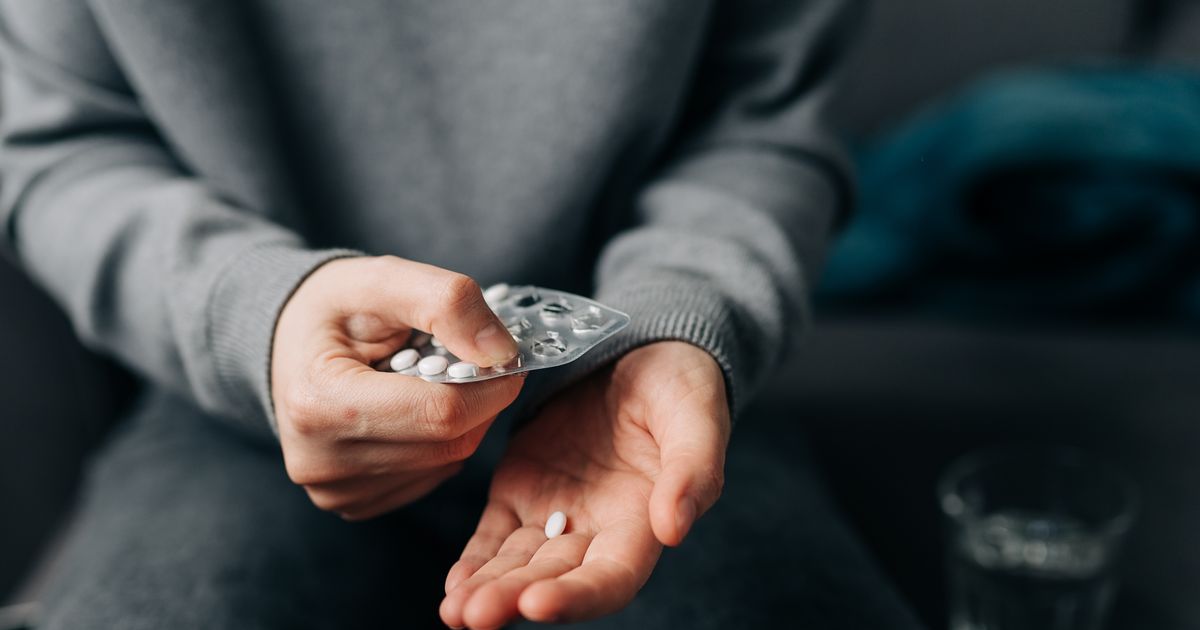The warning comes ahead of Christmas as your favourite snacks and festive drinks could be on the list Your medication could become ineffective, the pharmacist warned(Image: Getty)
Your medication could become ineffective, the pharmacist warned(Image: Getty)
A pharmacist has urged people to carefully consider what they eat and drink when taking medication. The fresh warning comes from an expert who revealed that what people are consuming during the day is making their medication less effective, and in some cases, increasing the risk of side effects.
Ian Budd, Prescribing Pharmacist at online pharmacy Chemist4U, shared which common foods and drinks can interfere with tablets. He explained: “As pharmacists, our goal is to help people understand how to use medications safely and effectively, and food plays a bigger role than many people realise.
“Even choices we think are healthy, like fruits, vegetables, or supplements, can sometimes affect how your medication works or how well your body absorbs it. For example, something as simple as having grapefruit juice with breakfast can interfere with blood pressure medication, antidepressants or cholesterol medication, while foods high in vitamin K can impact how blood thinners work. These are small details, but they can make a real difference in how well your treatment does its job.”
6 common food and drinks you may need to avoid if you take medication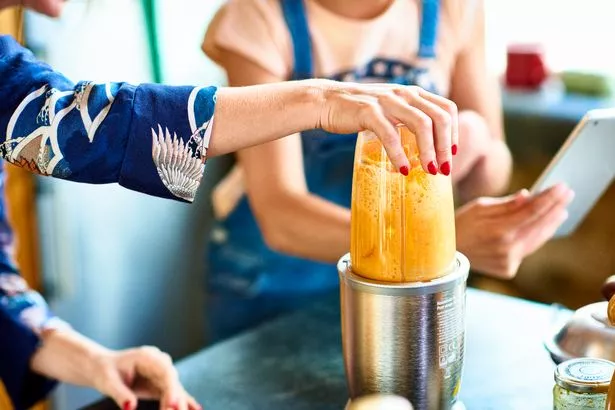 You may even have grapefruit hidden in your morning smoothie
You may even have grapefruit hidden in your morning smoothie
1. Grapefruit is the biggest culprit for medication interactions
The expert shared that the fruit and its juice are both commonly consumed with tablets, as people often have them for breakfast or as a snack. So if you take your medication in the morning with it, you may want to stop.
The pharmacist explained: “They contain natural chemicals that block an enzyme in your liver, which helps break down certain medicines. When that happens, your body can’t process the drug as it normally would, so more of it stays in your system. That can make side effects stronger or more likely.
“This is especially important if you’re taking medicines like statins, blood pressure tablets, some antidepressants, or immune-suppressing drugs. Even one glass of grapefruit juice can have an effect that lasts for up to one day, so it’s safest to avoid it completely with these medications.”
2. Leafy greens
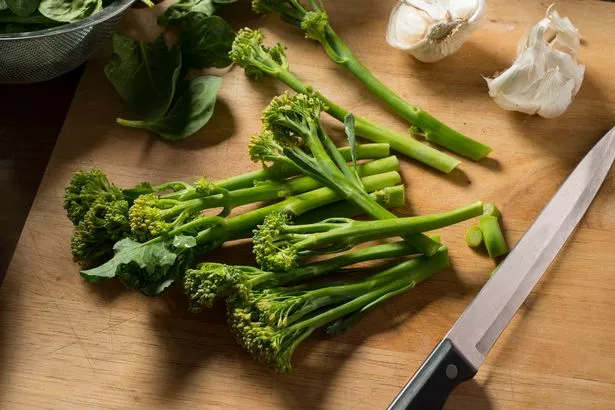 How do you like to eat your broccoli?(Image: Getty)
How do you like to eat your broccoli?(Image: Getty)
Yes – even your greens are at risk. The professional noted that spinach, kale and broccoli are full of vitamin K, which plays a big role in helping your blood to clot. Warfarin works by slowing down vitamin K’s effect, which is how it helps prevent blood clots.
“So, if you suddenly eat a lot more (or a lot less) vitamin K-rich foods than usual, it can throw off the balance and make warfarin either less effective (if you eat more greens) or too strong (if you suddenly cut them off). This is why pharmacists always recommend keeping your intake consistent rather than avoiding greens altogether.”
3. Cranberry juice
This delicious juice is seen as one of the healthiest choices – after all – it’s a fruit. But it can be a problem if you’re taking warfarin. Ian said that the red berries contain natural compounds that can affect how your body breaks down warfarin, which could make the drug stronger than intended.
“That means your blood could become thinner, increasing the risk of bruising or bleeding”, he cautioned, adding: “It’s not an issue for everyone, and an occasional glass is unlikely to cause harm. But drinking cranberry juice regularly or taking cranberry supplements can be risky if you’re on warfarin. It’s always best to check with your pharmacist before making it part of your daily routine.”
4. Dairy products
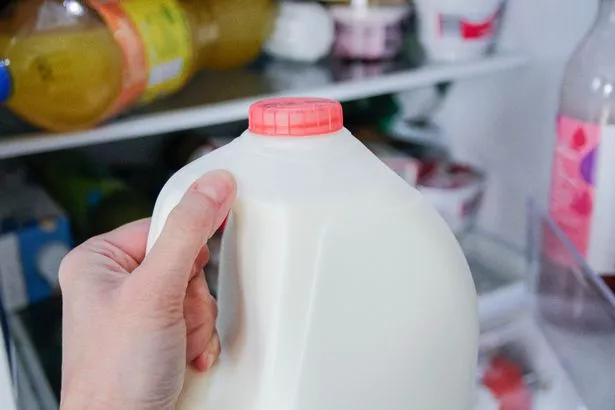 Your milk could be the culprit(Image: Getty)
Your milk could be the culprit(Image: Getty)
We all love milk, cheese and yoghurt, and with Christmas around the corner, you’ve probably been thinking about your next cheeseboard and hot chocolate with all the toppings. Whilst calcium is crucial, many do not know that it can affect how certain antibiotics work.
Ian further explained: “The calcium in dairy products can bind medicines like tetracyclines and fluoroquinolones, that are often used to treat chest or urine infections. When that happens, the medicine isn’t absorbed properly, which means your body doesn’t get the full dose and the infection might take longer to clear.
“If you’re prescribed one of these antibiotics, don’t worry; you don’t need to avoid dairy altogether. Just try to take your dose a couple of hours before or after having milk or dairy foods so it can do its job properly.”
5. Tyramine-rich foods
Much like above, cheese boards could cause an issue for festive lovers. This is because “foods like aged cheeses, cured meats, and fermented products contain something called tyramine, which can cause a sudden rise in blood pressure”, Ian explained.
This means that “if you’re taking older antidepressants known as MAO inhibitors. This type of reaction can make you feel unwell with headaches, a fast heartbeat, or even very high blood pressure.”
He did add, however: “These drugs aren’t prescribed as often now, but for anyone taking them, it’s important to know which foods to avoid. Your pharmacist can help your spot tyramine-rich foods and give simple swaps so you can still enjoy your meals safely.”
6. Alcohol
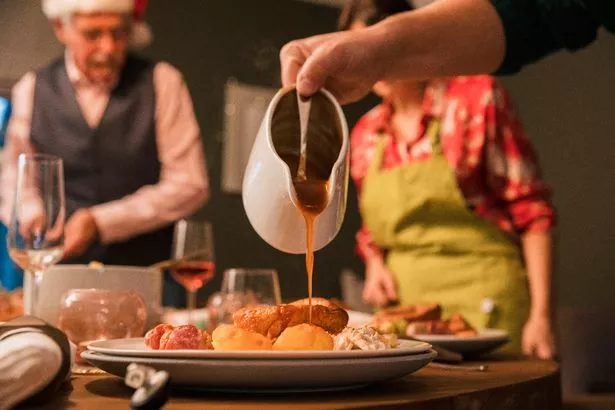 You may not want a glass with your Christmas dinner(Image: Getty)
You may not want a glass with your Christmas dinner(Image: Getty)
Yet again, another commonly consumed drink is alcohol, and as December 25 draws near, more bottles will be getting picked from the shelves and placed into our baskets. Whilst you don’t need to totally avoid it, you may need to be cautious.
The expert warned: “Alcohol is one of the most common things that interacts with medications, and the effects can vary depending on what you’re taking. It can make some drugs, like antidepressants, sedatives, and strong painkillers, much more sedating, which can leave you feeling drowsy or unsteady. It can also put extra strain on your liver or interfere with how medicines for diabetes work, making blood sugar harder to control.
“It doesn’t mean you can never drink, but it’s always worth checking your patient information leaflet or asking your pharmacist what’s safe for you. Knowing how alcohol might affect your medication can help you make more confident, informed choices.”
Ian concluded: “Knowing what to look out for means you can take control of your health and get the most out of your treatment. The more you understand how your medication fits into your daily routine, the safer and more effective it becomes.”

